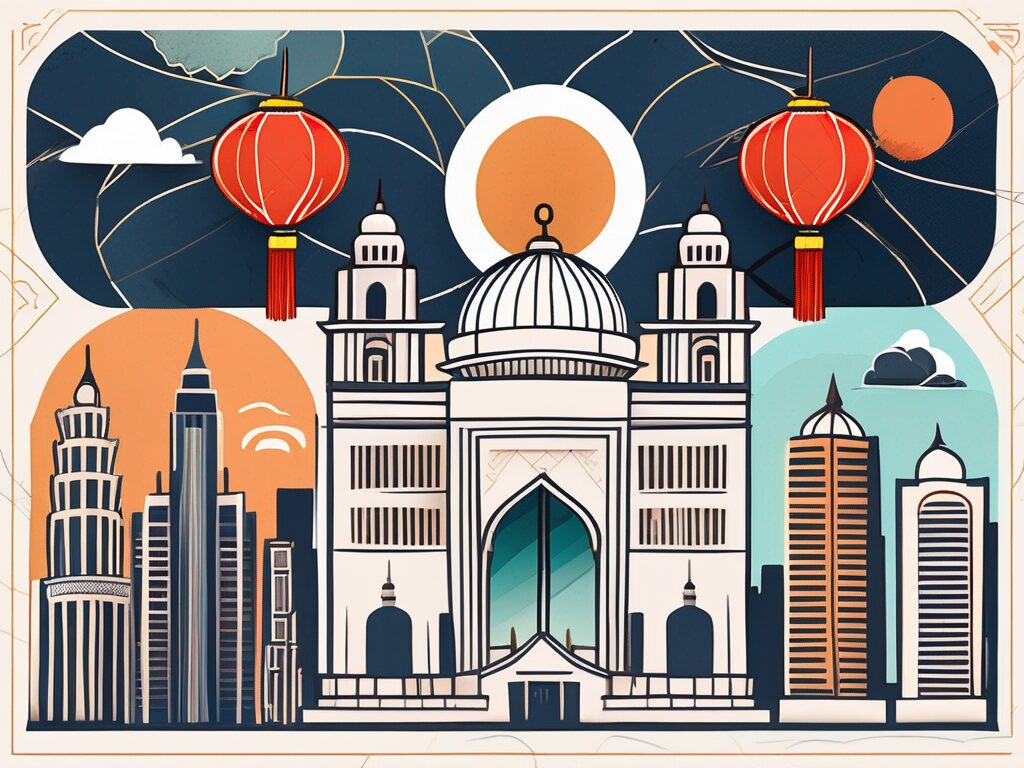Singapore, a vibrant city-state known for its multicultural society and high-quality education system, offers a unique setting for intercultural education. The International Postgraduate Certificate in Education (IPGCE) is a highly regarded qualification that equips educators with the skills to teach in an international context. This article will delve into five key points about intercultural education in Singapore with an IPGCE.
Understanding Intercultural Education
What is Intercultural Education?
Intercultural education is a pedagogical approach that encourages understanding and respect for different cultures. It aims to foster a sense of global citizenship, promoting values such as tolerance, empathy, and mutual respect. In the context of Singapore, with its diverse ethnic makeup, intercultural education is particularly relevant.
Why is it Important?
Intercultural education is crucial in today’s globalised world. It helps students to navigate cultural differences, equipping them with the skills to communicate effectively across cultures. This is especially important in a multicultural society like Singapore, where interactions with people from different cultural backgrounds are commonplace.
2. The Role of the IPGCE in Intercultural Education
What is the IPGCE?
The International Postgraduate Certificate in Education (IPGCE) is a qualification for educators who wish to teach in an international context. It provides a comprehensive understanding of teaching methodologies, curriculum development, and assessment strategies. In essence, it equips educators with the skills to deliver high-quality education in diverse cultural settings.
How does the IPGCE Support Intercultural Education?
The IPGCE curriculum includes modules on intercultural education, providing educators with the theoretical knowledge and practical skills to implement intercultural education in their classrooms. Moreover, the IPGCE encourages reflective practice, enabling educators to critically examine their teaching methods and adapt them to suit diverse cultural contexts.
3. Implementing Intercultural Education in Singapore
Challenges and Opportunities
Implementing intercultural education in Singapore comes with its own set of challenges and opportunities. The diverse cultural landscape offers a rich resource for intercultural learning. However, it also necessitates careful planning and sensitivity to ensure that all cultures are represented accurately and respectfully.
Strategies for Implementation
Effective implementation of intercultural education requires a multifaceted approach. This includes incorporating cultural studies into the curriculum, promoting cultural exchange programmes, and providing professional development for educators. Furthermore, creating a culturally inclusive classroom environment is crucial for fostering intercultural understanding and respect.
4. The Impact of Intercultural Education
Benefits for Students
Intercultural education offers numerous benefits for students. It broadens their worldview, promotes critical thinking, and enhances their communication skills. Furthermore, it prepares them for the global workforce, where the ability to navigate cultural differences is a valuable asset.
Benefits for Society
On a broader scale, intercultural education contributes to social cohesion and harmony. By fostering mutual understanding and respect among different cultures, it helps to prevent cultural misunderstandings and conflicts. In a multicultural society like Singapore, this is particularly important for maintaining social stability and peace.
5. The Future of Intercultural Education in Singapore
Trends and Developments
The field of intercultural education is constantly evolving, influenced by global trends and developments. In Singapore, there is a growing recognition of the importance of intercultural education, reflected in the increasing emphasis on global citizenship education in schools.
Role of the IPGCE
The IPGCE will continue to play a crucial role in shaping the future of intercultural education in Singapore. By equipping educators with the skills to implement intercultural education, the IPGCE contributes to the development of a more inclusive and culturally sensitive education system.
In conclusion, intercultural education in Singapore with an IPGCE is a multifaceted and dynamic field. It offers exciting opportunities for educators and students alike, fostering a sense of global citizenship and promoting cultural understanding and respect. As we move towards an increasingly globalised world, the importance of intercultural education will only continue to grow.
Transform Your Teaching Career with IPGCE
Ready to elevate your teaching credentials and embrace the opportunities of intercultural education in Singapore? Join the IPGCE program, the UK’s #1 Teacher Training Course, and overcome the barriers to international teaching roles. Enhance your qualifications, connect with a global network of professionals, and gain a deep understanding of international curricula. With our flexible online study options, you can advance your career without sacrificing your current commitments. Experience a significant boost in interview callbacks, promotion rates, and salary potential. Don’t let inadequate credentials limit your professional growth. Join the IPGCE program today and become a part of the future of global education.

